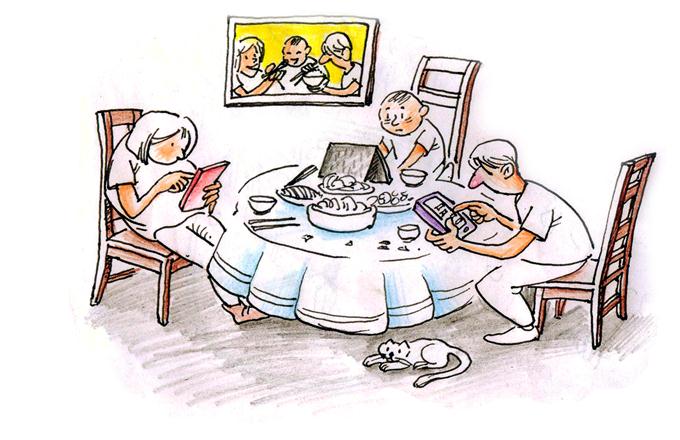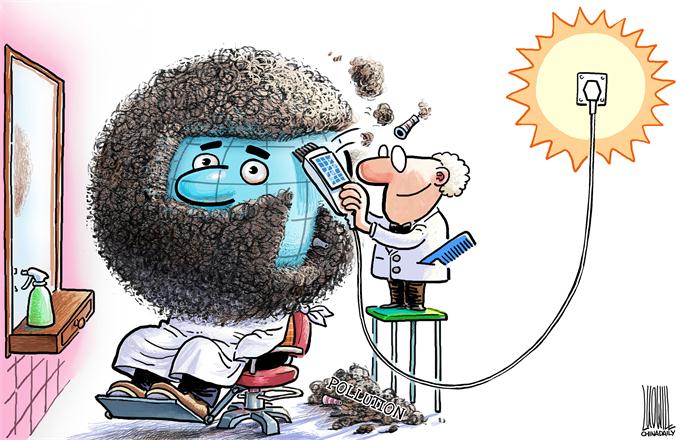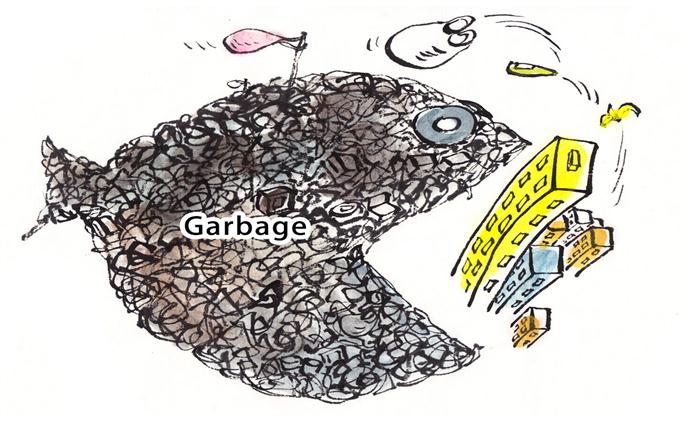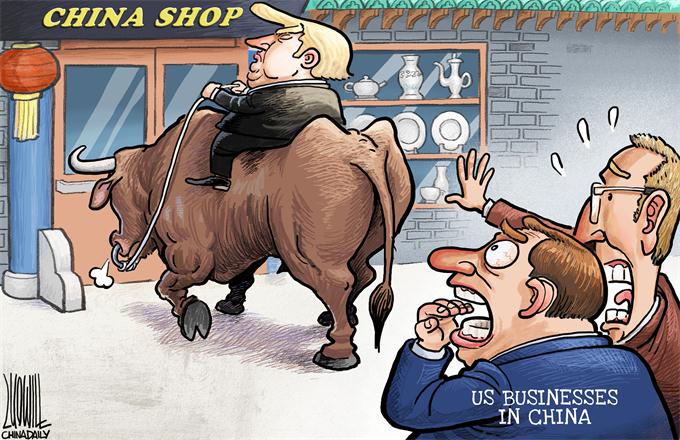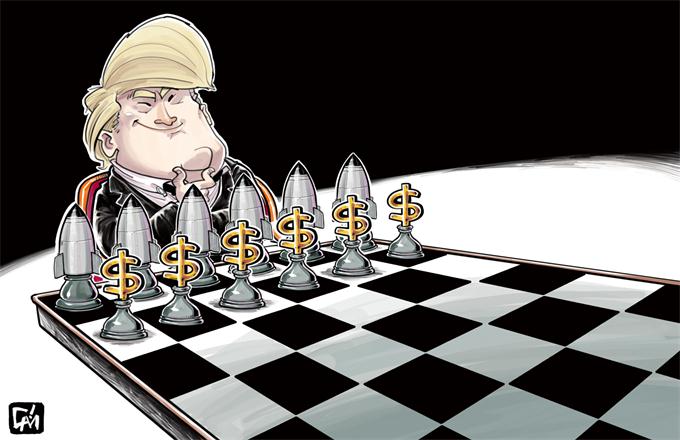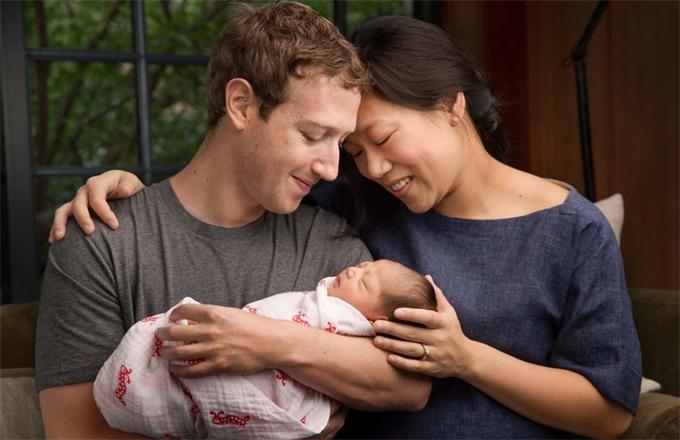Iran on zig-zag path to relieve from hardship
REGIONAL AND INTERNATIONAL POLITICAL CHALLENGES
Following the victory in 2013 election, Rouhani voiced interaction with the world and urged normalization of relations with the West, particularly with Europe.
Since then, hundreds of meetings have been held, and Iran has yet to repair ties with the western countries.
"Rouhani has tried to normalize the situation (inside and outside), but there are some who do not want for this to happen. This has been a challenge for Rouhani," Hajjarian said.
The most important challenge in Iran's foreign policy is the level of tensions with the United States, and this is persistently maintained by the hardline politicians in the Islamic republic.
The recent sore subject is the vote by the US House of Representatives last month to extend the Iran Sanctions Act (ISA) for another 10 years, which was endorsed by the Senate earlier this month and passed on Wednesday without President Barack Obama's veto against the bill.
The ISA was first adopted in 1996 to sanction Iran over its controversial nuclear program. The move by the US legislators evoked a unanimous reaction by the Iranian senior officials as to the disloyalty of the US officials pertaining to its obligation vis-a-vis the nuclear deal.
The US move also played well into the hands of Rouhani's opponents. The principlist Kayhan daily called the outcome of the nuclear negotiations as the "disaster of JCPOA".
The endorsement of the bill by the US legislators is "to seal it to its doom" and this "disaster" would be a disgrace for those who "ignored the supreme leader's warnings" about the un-trustability of the United States, the Kayhan head article said on Dec. 7.
It described the JCPOA as a "very costly and bitter experience" in which national interests have been ignored.
Another major challenge for Rouhani in the political sector is Iran's ongoing tensions with Israel and some Persian Gulf Arab countries.
In September, German Economy Minister Sigmar Gabriel told Germany weekly Der Spiegel that "Iran could have normal and friendly relations with Germany "only when it accepted Israel's right to exist."
Also, Iran and Saudi Arabia are currently locked in a diplomatic row over Sunni-majority Riyadh's execution of a prominent Shiite cleric, along with 46 others over terror charges.
The executions sent large number of Iranians onto the street, while some of them stormed Saudi diplomatic missions in capital Tehran and the northeastern city of Mashhad. Later, Riyadh cut its diplomatic ties with Tehran over the attack on its embassy, while many of Gulf partners either followed suit or downgraded their relations with the Islamic republic.
In her recent meeting with the Arab leaders, British Prime Minister Theresa May said addressing a summit of the six-nation Gulf Cooperation Council (GCC) in Bahrain that Britain would work with Gulf states and would help them to nullify Iran's "aggressive" policies.
She assured the GCC leaders as being "clear-eyed" about the threat that Iran poses to the Gulf and to the wider Middle East.
Her remarks sparked harsh criticism from top Iranian officials and put at risk the newly mended tie between Iran and Britain.
On the other hand, the United States and EU have expressed "concern with the regional military build-up, including Iran's missile program."
In the statement issued in November, the Council of the European Union urged Iran "to refrain from activities which may deepen mistrust, such as ballistic missile tests."
Although Iran has dismissed the allegations of adopting aggressive policies in the region or contributing to the military race in the Middle East, the rhetoric of the Iranian hardline officials has threatened a moderate and supportive foreign policy that initially was sketched out when Rouhani took the office in 2013.
Even the reformists and moderates' gain in the parliamentary elections earlier this year has not been instrumental to rival out the institutionalized slogans of the Islamic republic against the United States and some of its allies.
The global propaganda against Iran's regional and international policies, in due turn, has discouraged foreign investors and economic activists from seeking business opportunities in Iran as they will remain sensitive to the Islamic republic's foreign policy risks.
Given these challenges, it is not clear how much they will affect Rouhani's power to tackle the issues in the next five months ahead of Iran's presidential election.




